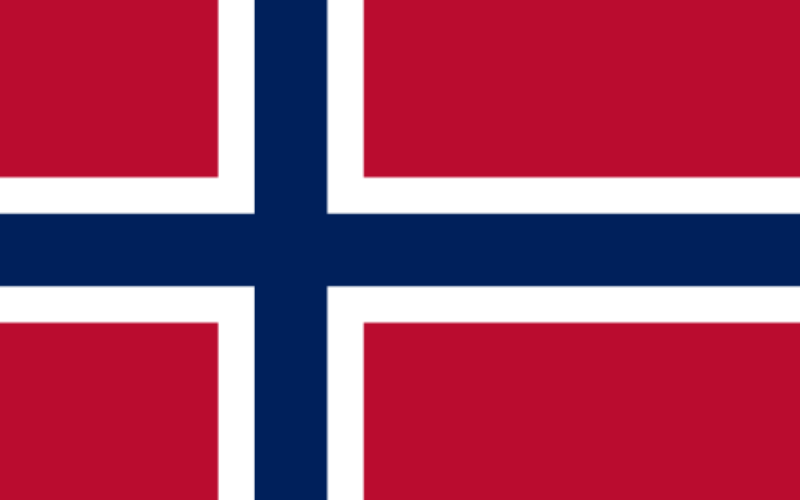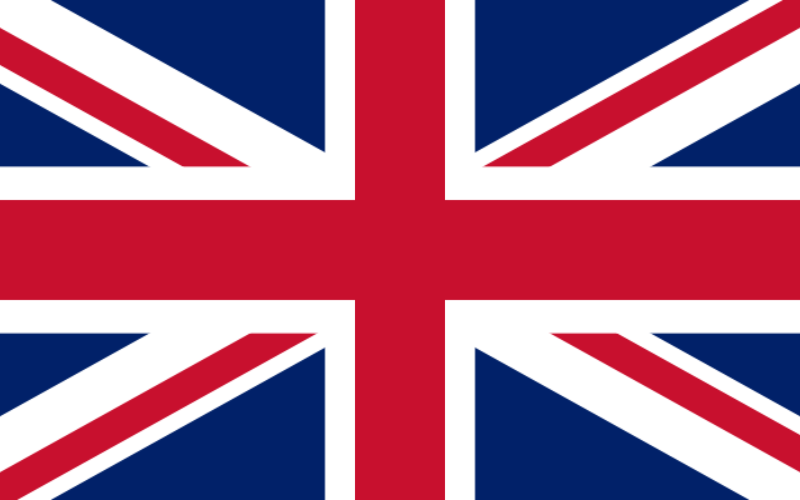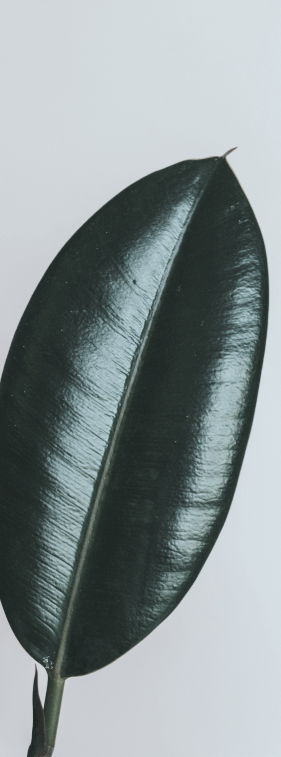
Labia majora - enlargement with fat grafting
There are great variations in the intimate area and nothing is abnormal. Operating on the intimate area just to mimic a desired appearance is not recommended. It is only when it causes you discomfort in terms of hygiene, physical challenges such as exercise and especially cycling, tight clothing, etc., or injuries that have occurred after childbirth, as well as psychological and / or intimate conditions (discomfort during intercourse), that you can get help to correct this with a plastic surgeon. For example, there may be asymmetry between the sides or they may be too large or small, which can cause discomfort of the above categories.
In some women, the labia majora (the outer labia) are abnormal in size. They can be too big, too small or asymmetrical. Some suffer from this and want to correct it. The procedure can be corrected either by figure shaping, fat injection or surgically. In principle, correction of the labia majora should not leave any scars.
If you have asymmetry or a lack of fullness without much excess skin, your own fat can be used to correct this. Small amounts of fat are harvested from a selected area such as the abdomen and transplanted into the labia through tiny incisions. The wounds are only taped and the procedure is relatively short (about 1 hour).
You can expect about 30% of the inserted fat to disappear within 4 months. We take this into account and transplant some more fat to give a satisfactory result. In some cases, more than 40% of the fat disappears. We therefore have a guarantee where we transplant new fat free of charge within 1 year if there is a medical indication.
A labia reduction is performed if you have loose skin that you don't want to fill with your own fat, but rather remove surgically for tighter outer labia. This method leaves little visible scarring as the stinger is placed on the inside of the outer labia after the excess skin has been removed. We have received no feedback and no late effects or complications after such procedures, and have many satisfied patients.
Before the operation
You must be healthy on the day of the operation. If you are in any doubt about whether you have a cold or similar, please contact us. The operation is not performed if you have flu with fever, cough or other infection in the body. Before the operation, you will receive a prescription for antibiotics, painkillers if necessary and Hibiscrub solution 40 mg/ml, which you can buy at the pharmacy.
The day before surgery and on the day of the operation, wash your entire body with Hibiscrub solution in the shower. This is a disinfectant soap that should be rinsed off with water and the skin dried with a clean towel. Put on clean clothes when you leave home. Do not use perfume and lotion. All jewelry, piercings and nail polish/fake nails must be removed no later than the day before the operation and replaced 7 to 10 days after the operation.
To get the best possible result and to avoid complications, it is recommended that you have a normal weight and not an excessively high BMI. If you smoke, or use nicotine such as snuff or electronic cigarettes, you must quit at least 2 weeks before surgery and 2 weeks after surgery.
You should come to the surgery fasting. This means that you should not eat any food including fruit or drink juice with pulp or dairy products 6 hours before the operation. You can drink water, juice, juice without pulp or coffee/tea without dairy products or chew gum/drops/throat lozenges up to 4 hours before the operation. Medication that you may need to take on the day of surgery can be swallowed with 1 glass of water max. 100 ml up to 1 hour before the start of anesthesia.
It is important that you stop taking blood-thinning medication about 14 days before the operation, preferably in consultation with your GP or us. For other medications, consult the clinic before the operation. You should also avoid eating a lot of garlic and health food preparations.
You must arrange in advance with a person to pick you up at the clinic about 1 hour after the end of the operation, as you cannot drive yourself, take public transport or taxi alone.
On the day of surgery
You will be received by our staff who will prepare you for the operation before the surgeon sees you. Before the actual procedure, the surgeon will go through the procedure, draw up the plan and answer any questions you may have. Anesthesia staff will also come and greet you and answer your questions.
When the operation is about to begin, the surgical nurse will pick you up and wash the operating area while anesthesia personnel give you a sedative in your arm so you sleep under surgery. In addition, the surgeon will administer a local anesthetic in the operating area for a long-lasting analgesic effect in the operating area after the operation, which also reduces bleeding in the area.
After the operation, you will be moved to the recovery room where you will have your own bed. You will then rest for 1-2 hours and be served food and plenty of drink in the form of sandwiches, yogurt and juice (remember to inform about allergies). Painkillers may be given if necessary.
The surgeon will check on you before your return home/hotel stay and you will be cleared by anesthesia staff before you go home with an adult companion. The PVK attached to your hand will be removed before you leave. A car or taxi must be used as a means of transportation immediately after surgery, we do not recommend public transport or walking.
After the operation
All patients come for a post-operative check-up the day after surgery. We recommend that you do not travel by air for the first 48 hours after surgery. During this time, a follow-up appointment will be arranged at the clinic and you should come to the clinic the day after the surgery.
In the first few hours after the operation, you may feel a little tired and sometimes a little nauseous. It's important that you take painkillers as prescribed and as needed, and make sure you drink plenty of fluids for the first 24 hours. Some people may feel a little dizzy, so it's a good idea to take a few minutes to stand up. For the first two days, you should rest and lie as still as possible. For the next five days, you can move around gently. If you have an active job, it's a good idea to stay at home.
The final result can only be assessed after 3-6 months. Follow-up checks are arranged with the clinic; the day after surgery, after 1-2 weeks and 3-6 months, as well as a final check after a year. You must call to arrange the check-ups yourself, or alternatively make an appointment with the clinic on the day of the operation.
Bleeding and infection are uncommon and in very few cases require reoperation and/or antibiotic treatment. Anesthetic complications, such as allergic reaction to anesthetics, are extremely rare.
Physical exercise and hard physical work should be postponed for about 4 weeks.
If correction is necessary due to complications or unsatisfactory results, this will be done free of charge within one year, provided there is a medical indication and a clear potential for improvement. This is our guarantee period.
Pick-up and accommodation
You must arrange in advance for someone to pick you up at the clinic about 1 hour after the operation, as you cannot drive, take public transport or a taxi on your own. You must also have someone with you the same day and the first night.
If you live far from the clinic, we recommend that you stay overnight in Oslo, either with family/friends or at a hotel.
Hotels in the vicinity of Oslo Plastikkirurgi;
Hotel Gabels Hus in Gabelsgate 16.
Frogner House Apartments, Bygdøy Allé 53.
(We have an agreement with Frogner House Apartments, please inform us when booking a room).
Ask for guidance and advice
We can give you the best advice face to face. We will guide you to the best solution for you.

The doctor in charge is Dr. Amin Kalaaji, senior consultant dr.med, specialist in plastic surgery and head of the clinic at Oslo Plastikkirurgi, and head of the Norwegian Society for Aesthetic Plastic Surgery (NFEP) 2018-2020.
Dr. Kalaaji holds many positions and gives lectures and training around the world. This benefits all our patients as he is always up to date on the latest and most advanced treatments and surgical techniques.
Patient safety, high quality and individual treatment are always our top priorities at Oslo Plastikkirurgi.
FAQ - Frequently asked questions
Oslo Plastic Surgery answers frequently asked questions here, and we hope this provides you with good information. We want to be helpful in the process before a surgery. If you have any further questions, just write or call us.
An indication to undergo a procedure may be that the outer labia cause discomfort in terms of hygiene, physically such as when cycling, exercising, wearing clothes, etc., the labia twist and become trapped during intercourse, as well as psychological and/or intimate conditions that you can get help to correct surgically.
All patients must undergo a consultation before surgery. The consultation is conducted by our experienced plastic surgeon who will ask you questions about your medical status; previous or current illnesses, previous surgeries, use of medication and the like. An examination will then be carried out, and the surgeon will consider a possible surgery.
If you are suitable for surgery, you will receive information about the operation itself, precautions for the time before and after the procedure, and you will get answers to your questions.
For patients with long travel distances, we offer consultations via telephone and/or video consultation. We will then send you a health information form in advance, which must be completed and returned to us before the consultation. You also send us some photos.
If a surgery is required, the surgeon will carry out a thorough assessment the day before the planned operation.
You must be healthy on the day of the operation. If you have any doubts about whether you have a cold or similar, please contact us. The operation will not be performed if you have flu and/or fever or a cough or other infection. Before the operation, you will receive a prescription for antibiotics, painkillers and Hibiscrub solution 40 mg/ml, which you can buy at the pharmacy.
We can also offer a preliminary examination with a 3D imaging system. We take pictures of your body and can use image simulation to show you what an expected result will look like with different sizes and types of implants.
If correction is necessary due to complications or unsatisfactory results, this will be done free of charge within one year, provided there is a medical indication and a clear potential for improvement. This is our one-year guarantee agreement.
Many patients take about a week off work. This is because it's a bit sore, and because there are bandages to be changed. It's also important to take it easy to avoid bleeding or other complications. You can normally start using tampons, exercising and having sexual intercourse after about six weeks.
1. For the first 48 hours, it is very important to keep the area dry and clean. Do not shower, and when you urinate, you can use a soft cloth/cotton to push very lightly upwards 2-3 times. Remember to wipe from front to back, so that bacteria from the rectum do not reach the sutures. Remember not to wear tight pants or panties, and 'air' your abdomen as much as you can in the first few weeks.
2. In some cases, your surgeon will let you know if you need to use Jelonet and Q-tips to lubricate and remove any smegma that forms in the folds to keep the area clean.
3. On day 3, you can start washing once a day. It's important that you don't let the shower directly hit your lower abdomen, but that you let the water run downwards from the pubis/lower abdomen. Do not use soap, only lukewarm water. You can use Hibiscrub if you wish. Don't be afraid to stir between the folds and wash well, but do so with a light hand and don't try to remove sutures/wounds with your fingers.




